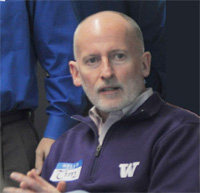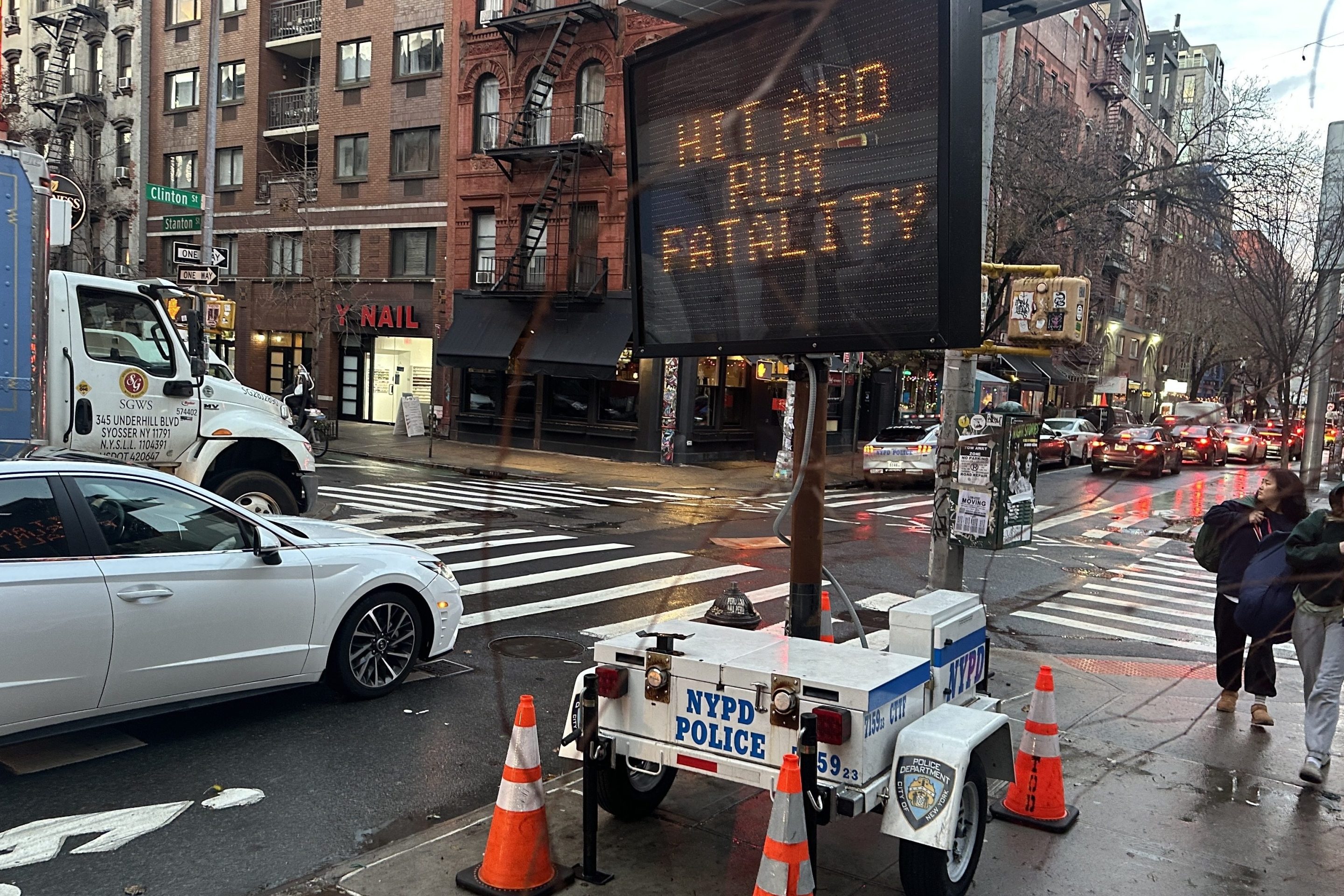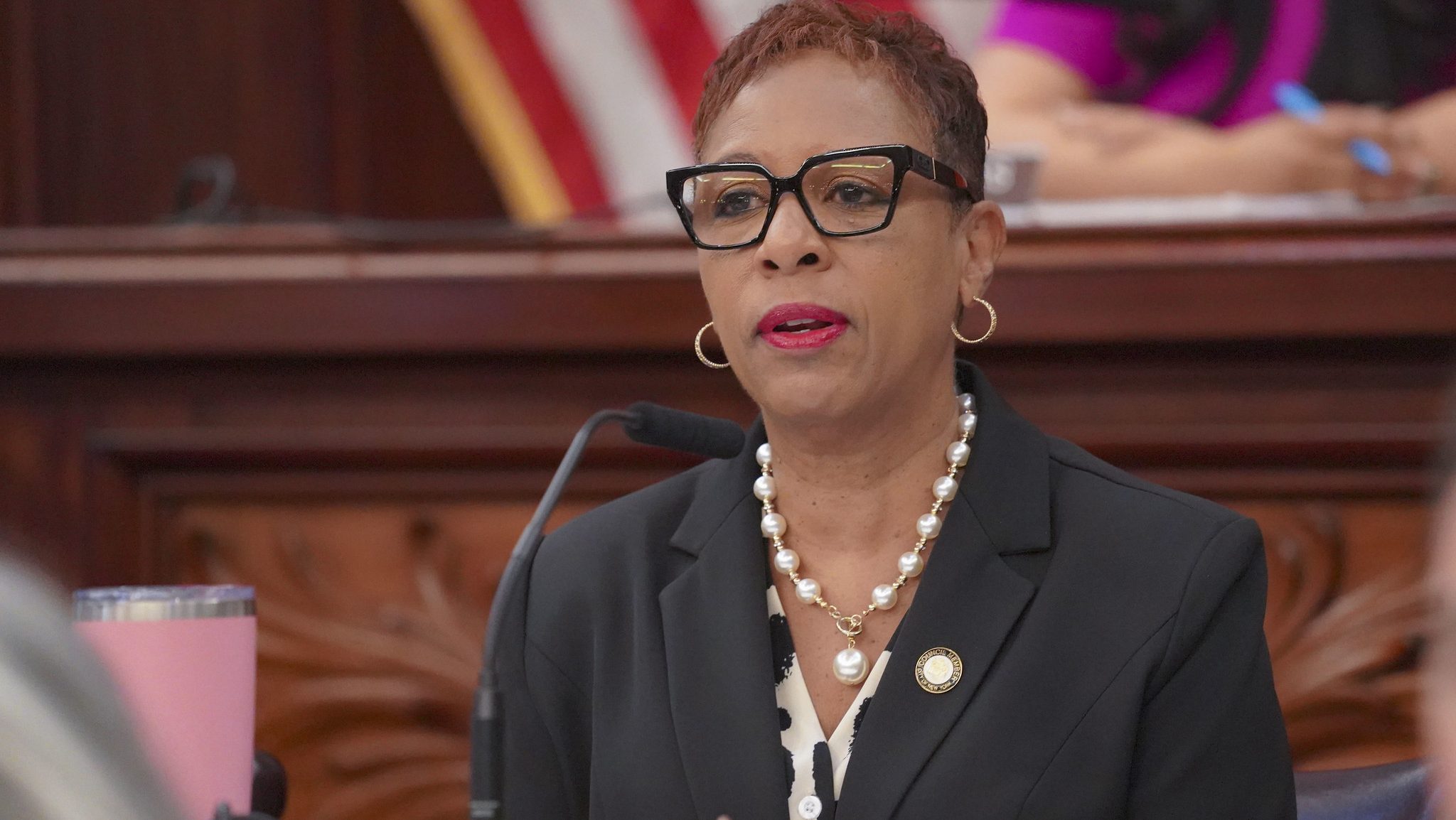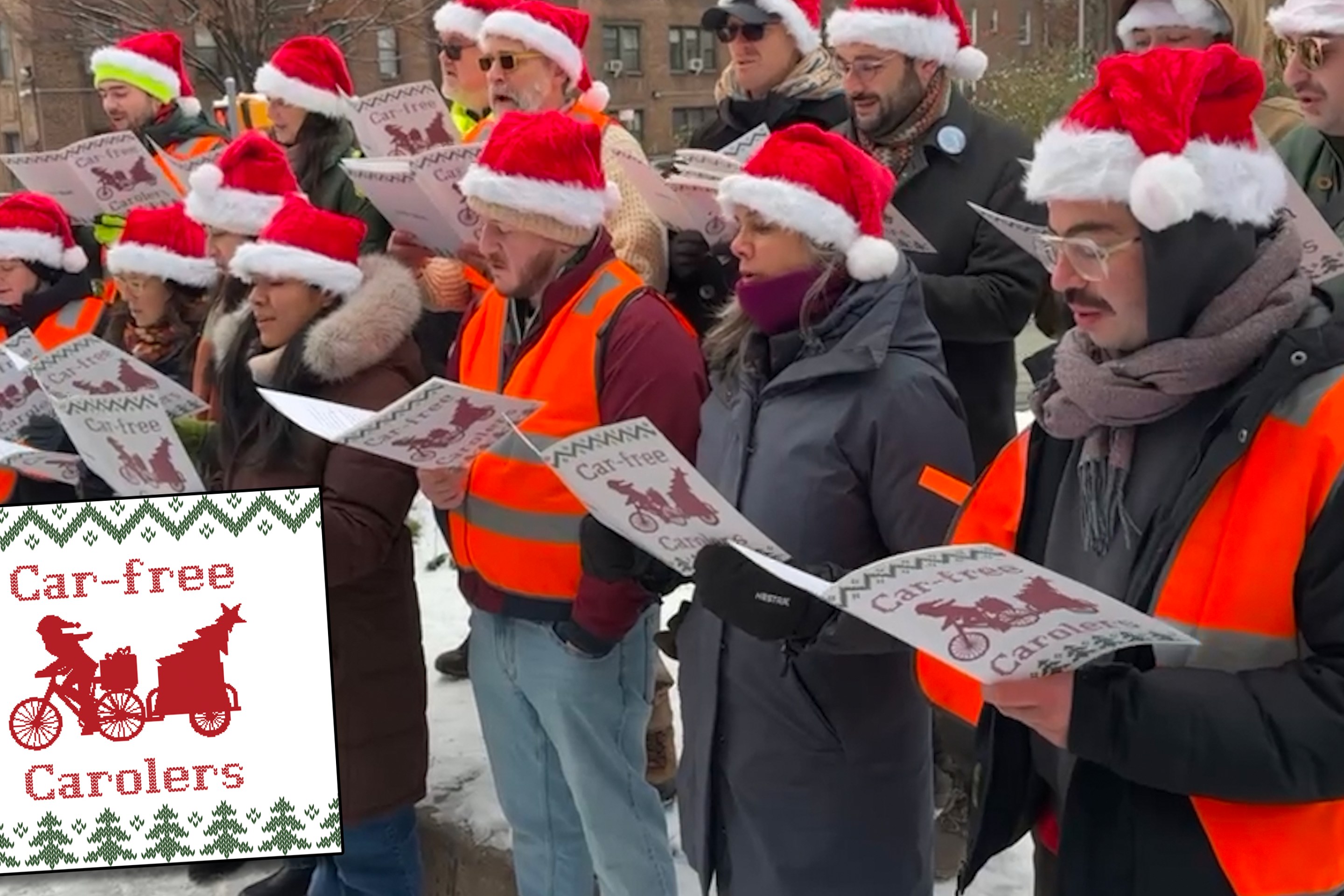After Transportation Committee Chair James Vacca, Speaker Christine Quinn, and the City Council yanked a 25-cent parking meter increase out of the city budget last week, reading Vacca's explanation in the Daily News ("This was just not fair.") was enough to make transportation reformers despair.

NYC meter rates are so low right now that curbs are constantly packed, generating lots of traffic and making drivers more susceptible to big fines for double parking or blocking bus stops. A more rational policy would align parking prices with demand, freeing up curbside space, cutting down on the time drivers spend cruising, and creating a less congested environment on commercial streets. (In San Francisco, officials are finding that new parking policies and payment mechanisms appear to have increased compliance and reduced the amount drivers pay in fines.)
Data from NYC DOT's Park Smart program shows that targeted meter rate increases are allowing more customers to reach Park Slope businesses while simultaneously cutting traffic. At the same time that this innovation is unfolding, Vacca is working on a bill that would limit the city's ability to set meter rates.
If Vacca ever decides to pivot on parking policy, he could take a page from some of his counterparts in other cities. In Seattle and Washington, D.C., council members have taken some courageous stands on how to price parking, grounding their positions in research and common sense. When they hear constituent complaints about higher peak-hour meter rates, they try to bring doubters into the fold by explaining how the new system works and how it will benefit drivers.
Here's Seattle City Council member Tim Burgess, writing in December about why he supports the city's groundbreaking performance parking initiative.
The most frequent complaint I receive about the new approach to setting on-street meter rates based on demand is that potentially higher or variable rates will drive shoppers away from downtown or neighborhood business districts.
But, keep this fact in mind: current parking policy does not provide adequate turnover and it is very difficult to find parking at some times of day in our business districts. For example, have you tried to find on-street parking downtown on a weekday afternoon? Or in Pioneer Square? Or on Capitol Hill in the late afternoon and evening? The status quo is not acceptable to many drivers and retail business owners. And that's exactly why the new approach is designed to keep one or two spaces open and available per block face.
And here's Tommy Wells, who recently assumed the chair of Washington D.C. City Council's transportation committee, in a 2008 interview with Transportation Alternatives, explaining his outreach to local businesses to ensure that parking reform efforts met with long-term success:
I would say the businesses are the most important to convince because they are the ones most immediately affected. What is interesting is when the concept was first presented, I got diverse reactions. Some had been hungry for a parking management strategy for a long time. One person had actually already estimated how much money the main street was losing annually from each parking space that was locked up by an employee all day. Others didn't make the link between parking space turnover and meter pricing. They thought any increase in parking price would result in less business. But we continued to discuss the idea and look at examples of other cities. Ultimately, they agreed that it was worth trying. I made a strong point to assure them that their feedback and voice would continue to be heard after the program started. They needed to hear that and we needed to make that commitment.
After implementation, the quick service businesses such as dry cleaners, bike shop, and small convenience stores saw immediate benefits. People were able to get in and out more easily without having to double park and risk a ticket. Some pubs and late evening establishments hated the two hour limit because it was constricting for their night time business. We modified the hours to provide relief. Restaurants haven't seen a big change yet. Over the next year, as the meter rates are calibrated to match parking demand, it will be interesting to see how their experience changes.
Convincing businesses to partner with the city on something like this takes work and it is about building trust as much as anything else. Three months into the program, we have some businesses who support it, others who do not and some that are agnostic. The dialogue will be ongoing. The city's willingness to listen carefully and mitigate quickly any unintended consequences is essential. That is the only way to we can make sure we get this right.





